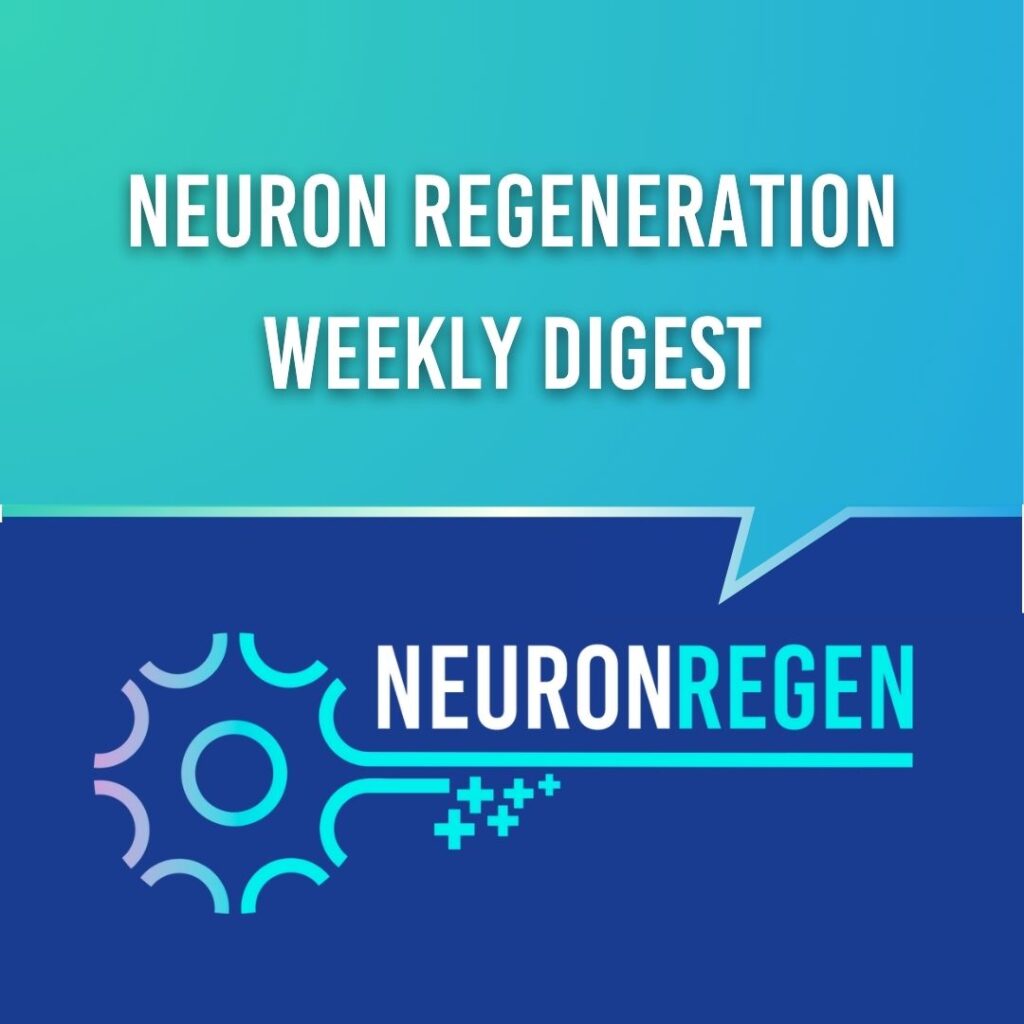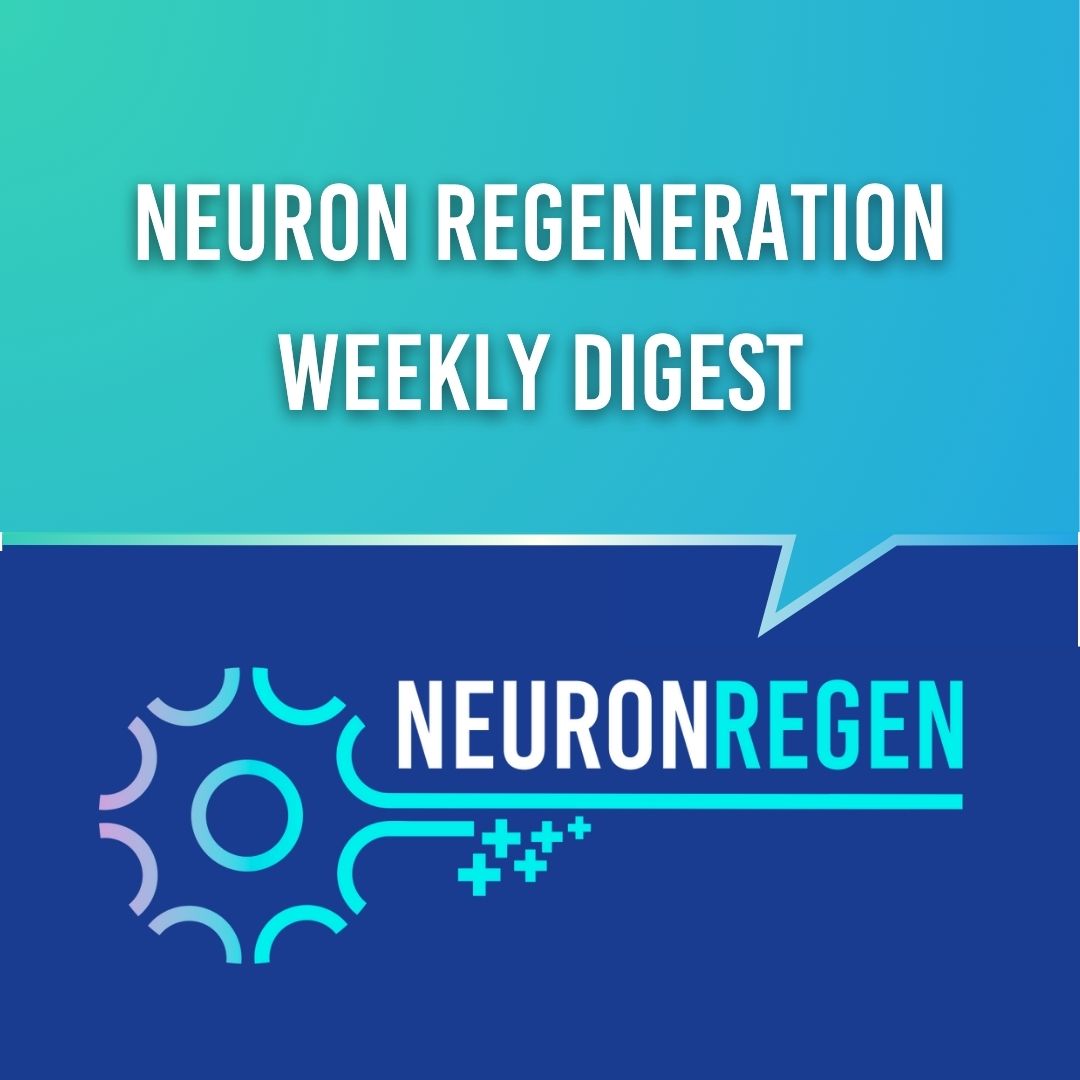Recovering from stroke, Alzheimer’s disease, or spinal cord injury often means facing therapies that only manage symptoms rather than restore lost function. But scientists are uncovering innovative ways to help the nervous system heal itself—whether by guiding cell growth, fine-tuning molecular signals, or delivering drugs through smarter materials. Together, these efforts mark a shift in neuroscience: moving beyond damage control and toward true regeneration.
Recent studies showcase this momentum. Stem cell–derived neural grafts not only survive in the post-stroke brain but also “talk” with host tissue to support lasting motor recovery. In Alzheimer’s models, precisely targeting the ErbB4 receptor re-energized neuronal health and cognition by engaging DOCK3 signaling. Meanwhile, a vitamin B12–infused hydrogel demonstrated how biomaterials can both calm inflammation and regrow spinal pathways. Each of these strategies approaches repair from a different angle, but all point to the same goal—rebuilding the brain and spinal cord after injury or disease.

1. Neural xenografts contribute to long-term recovery in stroke via molecular graft-host crosstalk
Researchers found that iPSC-derived neural progenitor cells can survive, integrate with host brain tissue, and promote long-term repair after stroke, improving motor function through molecular graft-host crosstalk.
2. Targeted ErbB4 receptor activation ameliorates neuronal deficits via DOCK3 signaling in a transgenic mouse AD model
Activating the ErbB4 receptor with a small molecule improved cognition, reduced inflammation, and restored neuronal health in Alzheimer’s mouse models—pointing to DOCK3 signaling as a key therapeutic pathway.
3. Multifunctional hydrogels loaded with drugs for spinal cord injury repair
A multifunctional injectable hydrogel carrying vitamin B12 and natural bioactives promoted axonal regrowth, reduced inflammation, and restored motor function in spinal cord injury mice—offering a promising path for regenerative therapies.
If you’d like to stay informed of the latest publications and breakthroughs in neuron regeneration, join our email newsletter to the right (or below on mobile). We send out weekly updates with the latest papers and studies, as well as podcast episodes with the people driving Neuroregenerative breakthroughs.

